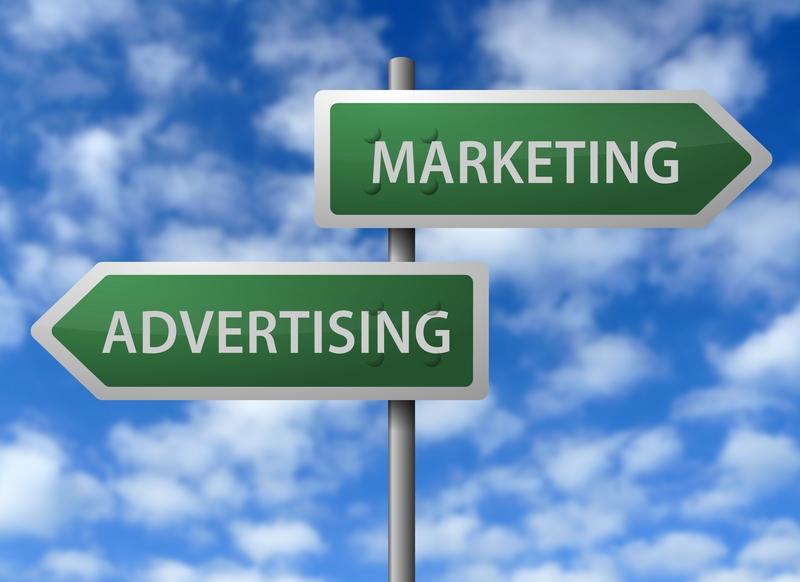Navigating the realms of business strategy often involves understanding the subtle differences between marketing and advertising. In this comprehensive guide, we delve deep into the core of “are marketing and advertising the same thing,” unraveling their distinctions and implications for your business.
Decoding the Jargon
Defining Marketing and Advertising
In the grand tapestry of business, marketing and advertising stand as pillars, each with its unique role. Marketing encompasses a broader spectrum, involving strategic planning, market research, and product development. On the other hand, advertising is a subset of marketing, focusing on promoting products or services through various channels.
Are They Interchangeable?
While the terms are often used interchangeably, a closer inspection reveals nuances. Marketing is the holistic strategy, while advertising is a tactical execution within that strategy. Think of marketing as the master plan and advertising as the battlefield tactics.
Navigating the Grey Area
Blurred Lines
In the dynamic landscape of business, the lines between marketing and advertising can blur. This is especially true in the digital age, where online platforms provide multifaceted opportunities. Recognizing this interplay is crucial for crafting a well-rounded business strategy.
Symbiotic Relationship
Understanding the synergy between marketing and advertising is pivotal. While marketing sets the stage, advertising takes the spotlight. The success of one often hinges on the effectiveness of the other. Together, they propel your brand forward.
Practical Implications
Budget Allocation
An insightful aspect of “are marketing and advertising the same thing” is budgeting. Marketing demands a more comprehensive financial allocation, covering research, development, and execution. Advertising, being a subset, requires focused budgeting for specific campaigns.
Measuring Success
Distinguishing between marketing and advertising helps in gauging success. Marketing success might be evident in long-term brand loyalty, while advertising success can be measured in short-term sales spikes. Balancing both ensures a holistic evaluation.
Are Marketing and Advertising the Same Thing? Debunking Common Myths
Myth 1: Marketing is Just Advertising in Disguise
Contrary to popular belief, marketing extends beyond advertising. It involves market analysis, identifying target audiences, and tailoring products or services accordingly. Advertising, while crucial, is only one facet of the broader marketing strategy.
Myth 2: Advertising Alone Drives Sales
While impactful advertising can spike sales, sustained success lies in a robust marketing strategy. Marketing builds a brand’s foundation, making it recognizable and trustworthy, which, in turn, amplifies the impact of advertising efforts.
FAQs
Are marketing and advertising the same thing?
Marketing and advertising are closely related but distinct concepts. Marketing encompasses the entire business strategy, while advertising is a specific component focused on promoting products or services.
How do marketing and advertising complement each other?
Marketing sets the overall strategy, including market research and product development, while advertising executes specific promotional activities. They work together symbiotically, with marketing providing the overarching plan and advertising implementing tactical initiatives.
Can a business succeed without advertising?
While some businesses thrive without extensive advertising, a well-rounded strategy that includes effective advertising often accelerates success. Advertising helps reach a wider audience and boosts brand visibility.
Is digital marketing the same as digital advertising?
No, they differ. Digital marketing includes a broader range of activities, such as content creation and social media engagement. Digital advertising, a subset of digital marketing, specifically focuses on paid promotional efforts.
How can I measure the success of my marketing strategy?
Success metrics vary but may include increased brand awareness, customer engagement, and long-term customer loyalty. Analyzing sales data and customer feedback are valuable indicators of marketing strategy success.
Are there risks in relying too heavily on advertising?
Overreliance on advertising without a solid marketing foundation can be risky. While advertising can generate short-term results, a comprehensive marketing approach ensures sustained success and brand longevity.
Conclusion
In the intricate dance of business strategy, understanding whether “are marketing and advertising the same thing” is pivotal. Distinguishing their roles, recognizing their interplay, and leveraging their strengths can elevate your business to new heights. Balancing both ensures a harmonious symphony that resonates with your target audience.


